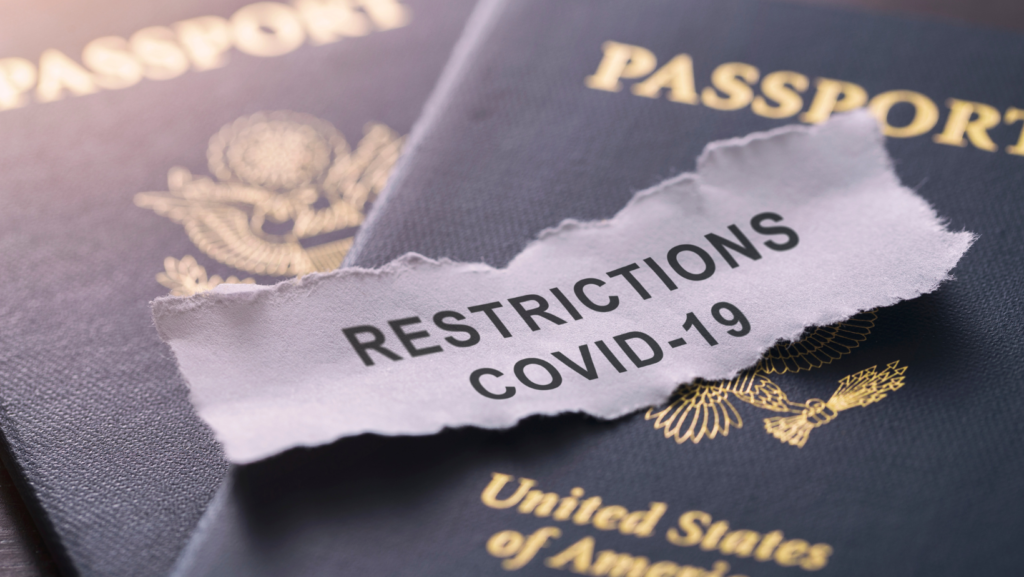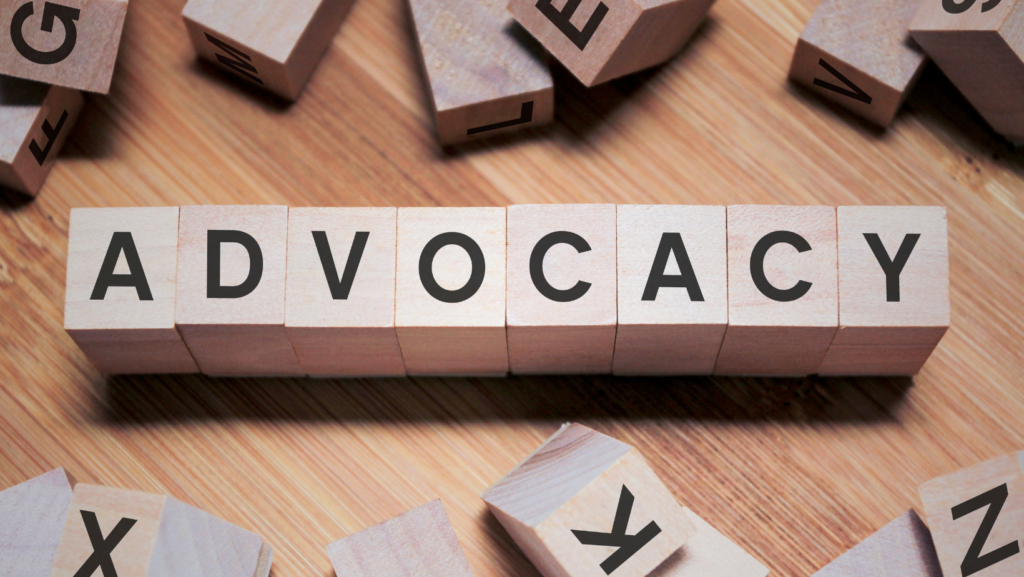My Eye-Opening Experience as a Temporarily Handicapped Traveler

My family tells me I am comically resilient. There I was, frantically preparing for a dinner party on a sunny late-summer’s day in my Florida home. I am never one to resist an opportunity to wear heels, but after the tragedy that struck my ankle that evening, I will certainly not be thinking about shoes for a long time. As I made my way into the garage to grab a few bottles of wine for our guests, I tripped on the concrete step in my heels, falling forward and snapping my ankle at a painful 90 degree break.
Sounds like an accident worthy of cancelling my dinner plans, right? Wrong. Despite the agony I was in, I kept my hostess hat on. Hobbling and limping from barbecue to oven, from kitchen to dining table; my guests were incredible play-nurses. But masking the pain eventually became impossible, and what I anticipated as a stress-free evening became an evening at the ER.
I am writing this article about three weeks later, after orthopedic surgery and many bedridden working recovery days. In that time, I’ve been on crutches, a scooter, and a wheelchair. Also in that time, I’ve traveled across the country to join a ship in California. I want to share some of the experiences I had as a person needing handicapped accommodations while traveling, and the reflections it sparked in me as a travel advisor and traveler.

“Not having a necessary mode of transportation for a person who cannot use their legs certainly trounces this recycled excuse for a cold lunch…”
My venture through the airport was sure to be challenging, so like I’ve done for my handicapped clients, I ordered wheelchair accommodations to my gate and onto/off the plane in both destinations. That’s four occasions in which I (and anyone else in a similar condition) would need assistance. Unfortunately, my on-board wheelchair with assistance was nowhere to be found. Since it was only the first outgoing flight, I figured it was simply a miscommunication as to why I didn’t have what I needed. So, I hopped. I hopped and limped on one leg onto my plane and through the busy, comically narrow aisles of the plane, panting when I finally got to my seat.
I was thankful for the individuals who were kind and gracious when I wobbled through, but alas, I faced the same issue on the arrival in LA. Without my requested assistance, I hopped and struggled down the aisle, off the plane, and up the ramp to a customer service desk. “We’re short staffed” was my consolation.
I couldn’t help but think about the other times I’ve heard this statement used as customer service. Perhaps while waiting in line at the post office or waiting on food at a restaurant. Both scenarios would be matters of convenience or patience. This one (likely faced by the 61 million Americans living with a disability) is a matter of survival. Not having a necessary mode of transportation for a person who cannot use their legs certainly trounces this recycled excuse for a cold lunch. One has options, the other does not.
“…others perpetually live with the fear of being forgotten.”
On both legs of my journey, I did not receive the airport assistance I requested. I cannot imagine how frequently the needs of permanently handicapped individuals are overlooked in these scenarios. Though I know I will inevitably heal and soon be rid of the added burden of forgotten wheelchairs at airports, others perpetually live with the fear of being forgotten.
I faced another obstacle at the port: an outdated COVID-19 policy hindered me from receiving the scooter I ordered to embark the ship. This case stumped me more than that from the airport because it didn’t involve being overlooked or forgotten, it involved a policy. As opposed to human misunderstanding, it was a rule in place for pandemic protocol.

If you’ve cruised (or traveled at all) recently, Covid precautions are much looser than what they used to be (no mask requirements, fully-vaccinated cruise initiatives, etc.). In the past three years, the notion of a “Covid Policy” became second-nature vocabulary; we accepted these limitations knowing they were keeping us safe when we didn’t have the answers we have today. What this instance conveyed to me was that regardless of the progress we’ve made pandemic-wise, a Covid-policy will trounce the needs of a physical disability. We’ve lived in a Covid-run world for only three years, but disability is nothing new.
This is not to deny the necessity of Covid policies and the industry-wide actions we take to keep us healthy, but it seems we’re not considering the nuances of what’s written in the books. We are privileged with opportunities to vaccinate and choices to protect ourselves how we see fit, but a person denied a handicapped scooter has no other options.
The travel industry does an incredible job using our platforms for progress, pushing forth initiatives for important social and environmental causes. However, not only have I rarely seen elevated advocacy for handicapped individuals in the travel industry, my basic (and temporary) needs were barely met by the companies I supported on this trip.

As an advisor and lover of travel I know I speak for other industry members when I share how passionate I am about making our craft better. What we do is special and what we do matters. As we reflect on the ways we are using our professions for good, I encourage my dear friends and colleagues to contemplate what (or who) you advocate for in your work.
To clarify, being an advocate in the travel industry doesn’t mean hiring an inclusive marketing team or completely redesigning your company’s mission. It can be as simple as acknowledging and revising areas where our care is needed most. It’s meeting the needs of our clients while thinking outside our usual realm of considerations. We should certainly celebrate the strides we made and praise the steps companies made to show their alliance with progress, but also be wary of areas that deserve more of our attention.
Though I may be comically resilient when faced with bone-breaking challenges, I am enlightened by these experiences and hope that in sharing them I can shed light on an issue deserving of more attention.
*This article was originally written in September 2022 and updated in January 2023.